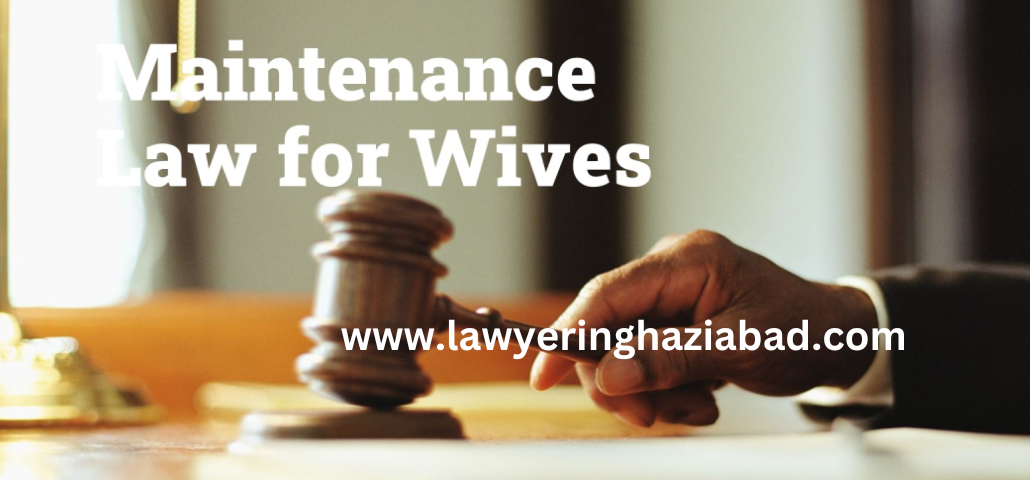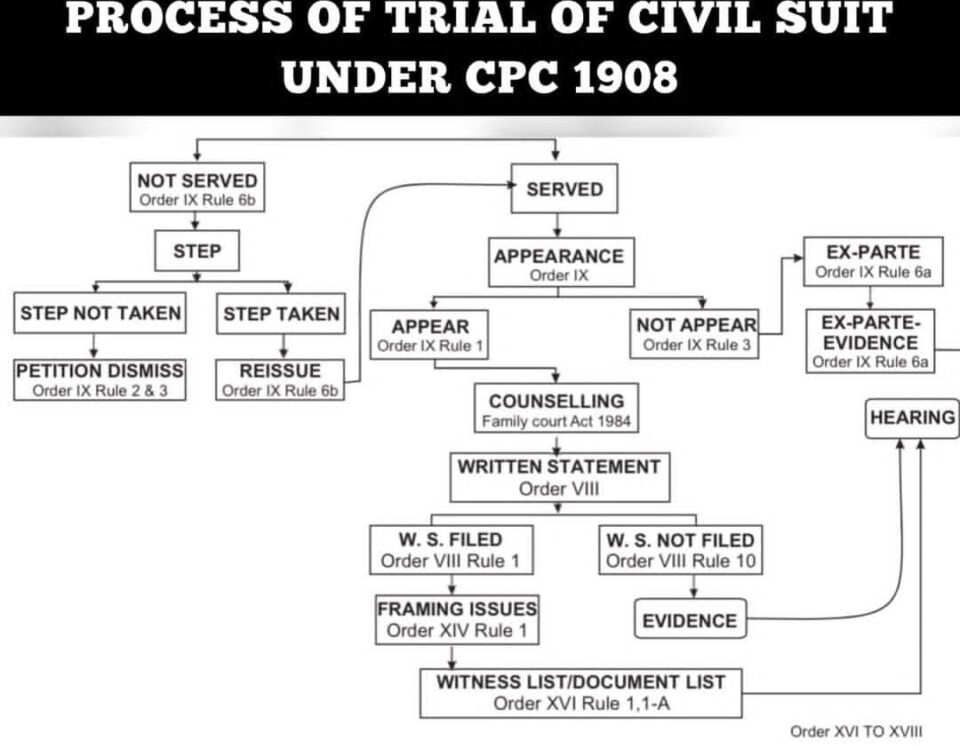- Top-rated Best Lawyer in Ghaziabad
- +91 9616166166
- [email protected]

Decree, Judgment, and Order under CPC: A Simplified Legal Guide
May 20, 2025
Do You Know the Process of Filing a Complaint Against Fraud?
May 25, 2025Section 125 of the Code of Criminal Procedure (CrPC), 1973, is a significant provision in Indian law that ensures financial support for individuals who are unable to maintain themselves. This section embodies the principle of social justice, aiming to prevent destitution and provide relief to vulnerable family members, such as wives, children, and parents. It is a secular law, applicable to people of all religions in India, and is designed to offer a quick and effective remedy for maintenance without delving into complex civil litigation.
What is Section 125 of the CrPC?
Section 125 of the CrPC provides for the maintenance of certain individuals who are financially dependent and unable to sustain themselves. It mandates that a person with sufficient means must provide financial support to their spouse, minor children, children with disabilities, or indigent parents. The primary objective is to prevent vagrancy and destitution by ensuring that dependents are not left in financial distress due to neglect or refusal by those legally responsible for their upkeep.
This provision is not punitive but preventive, focusing on social welfare. It allows magistrates to grant maintenance orders, ensuring that dependents receive a reasonable sum for their sustenance, typically on a monthly basis. The amount is determined based on the financial capacity of the person liable and the needs of the claimant.
Who Can Claim Maintenance Under Section 125?
Section 125 specifies the following categories of individuals eligible to claim maintenance:
Wife: A legally wedded wife, including one who is divorced but has not remarried, can claim maintenance if she is unable to support herself. The term "wife" includes women married under any personal law (Hindu, Muslim, Christian, etc.), but the marriage must be valid. Notably, a wife can claim maintenance even if she lives separately due to justifiable reasons, such as cruelty or desertion.
Children: Legitimate or illegitimate minor children (below 18 years) can claim maintenance. Additionally, children who are physically or mentally challenged and unable to maintain themselves, regardless of age, are also eligible.
Parents: Indigent parents, whether the father or mother, can claim maintenance from their son or daughter if they lack the means to support themselves.
Conditions for Granting Maintenance
To claim maintenance under Section 125, certain conditions must be met:
The person claiming maintenance must be unable to support themselves financially.
The person from whom maintenance is claimed must have sufficient means but neglects or refuses to provide support.
For a wife, she must not be living in adultery, and her refusal to live with her husband must be justified (e.g., due to domestic violence or abandonment).
Procedure and Enforcement
The process to claim maintenance under Section 125 is straightforward. The claimant can file an application before a Judicial Magistrate of the First Class. The court evaluates factors like the income of the person liable, the needs of the claimant, and the standard of living. The magistrate may order a monthly allowance, which can be revised if circumstances change.
Non-compliance with a maintenance order is treated seriously. If the person liable fails to pay, the court can issue a warrant to recover the amount, including by attaching property or imposing imprisonment for up to one month for each month’s default.
Significance and Impact
Section 125 is a vital tool for social justice, offering a quick remedy compared to lengthy civil court proceedings. It ensures that vulnerable individuals are not left destitute due to familial neglect. The provision is gender-neutral in parts (e.g., parents can claim from sons or daughters) and applies across religious communities, making it inclusive. Courts have also interpreted it progressively, ensuring that maintenance amounts reflect inflation and living costs.
Challenges and Criticisms
While Section 125 is effective, it faces challenges. Determining the appropriate maintenance amount can be contentious, and enforcement is sometimes difficult if the liable person lacks assets or evades payment. Some argue that the provision is misused in certain cases, leading to frivolous claims. However, judicial scrutiny ensures that genuine cases are addressed.
Read more:
Maintenance Cases Lawyer In Ghaziabad | Section 498A Lawyer In Ghaziabad
Conclusion
Section 125 of the CrPC is a cornerstone of family law in India, reflecting the state’s commitment to protecting vulnerable individuals. By providing a legal mechanism for maintenance, it upholds dignity and prevents economic hardship. Understanding this provision empowers individuals to seek their rightful support, ensuring justice and fairness in familial relationships.


